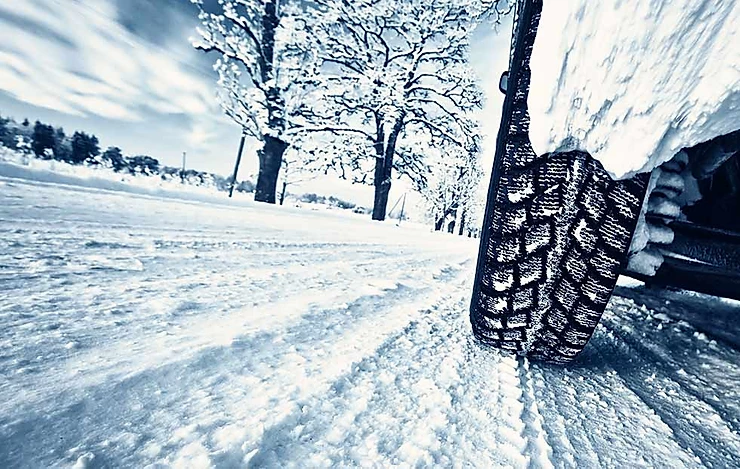All-weather tires are a safe choice for all weather conditions
- tobiasebner10
- Feb 6, 2020
- 2 min read
Updated: Mar 5, 2020
When you invest in a set of all-weather tires, you actually get tires you can use all year round in different weather conditions, ranging from snow to warm summer roads. This is of course if you choose premium all-weather tires that are officially approved for winter use and have the 3-peak mountain snowflake symbol, also referred to as the severe service emblem. This ensures they can handle snow and ice with good grip.
It is very important to have the right tires for the weather conditions you experience while driving. All-season tires can manage all seasons except winter. They don’t have a rubber compound that will remain soft at low temperatures, so they will become hard at the low temperatures you have during the winter season. This is why it is important to change away from all-season tires when the winter season arrives to dedicated winter tires or to use all-weather tires if you only want to use one tire for the whole year.
Basically, you should use all season tires for all seasons that have temperatures above freezing and don’t have winter conditions. If you don’t see winter conditions during the year, you are fine. If you experience winter conditions, you should use tires that are approved for winter use. The only two types of tires that are approved are snow tires (also called winter tires) and winter approved all-weather tires.
All weather tires have managed to combine the properties from premium all-season tires and winter tires, so they can provide you with good driving safety throughout the year. So whether you face snow and ice or dry summer roads, you will have sufficient grip and control, so you can stay safe and avoid accidents. The rubber compound has been optimized to handle the full temperature range without getting too hard or soft, so you have good grip on all surfaces in all temperatures. Safety is often measured by the braking distance of the tires on the different surfaces you will drive on.
It is important to get the tire selection correct, as it will impact your vehicle’s safety. You also need to make sure you get the right dimensions; 215/70/16 all-weather tires will be narrower than 265/70/16 all-weather tires, both of which are intended for use on SUVs. It is important to realize that bigger vehicles are in need of changing to winter approved tires so that they can navigate safely on the roads regardless if it is warm or cold temperatures and if you have summer or winter conditions. With dedicated winter tires it is important that you have them mounted in time before the snow arrives, while with all-weather tires you are always ready to drive.




Comments